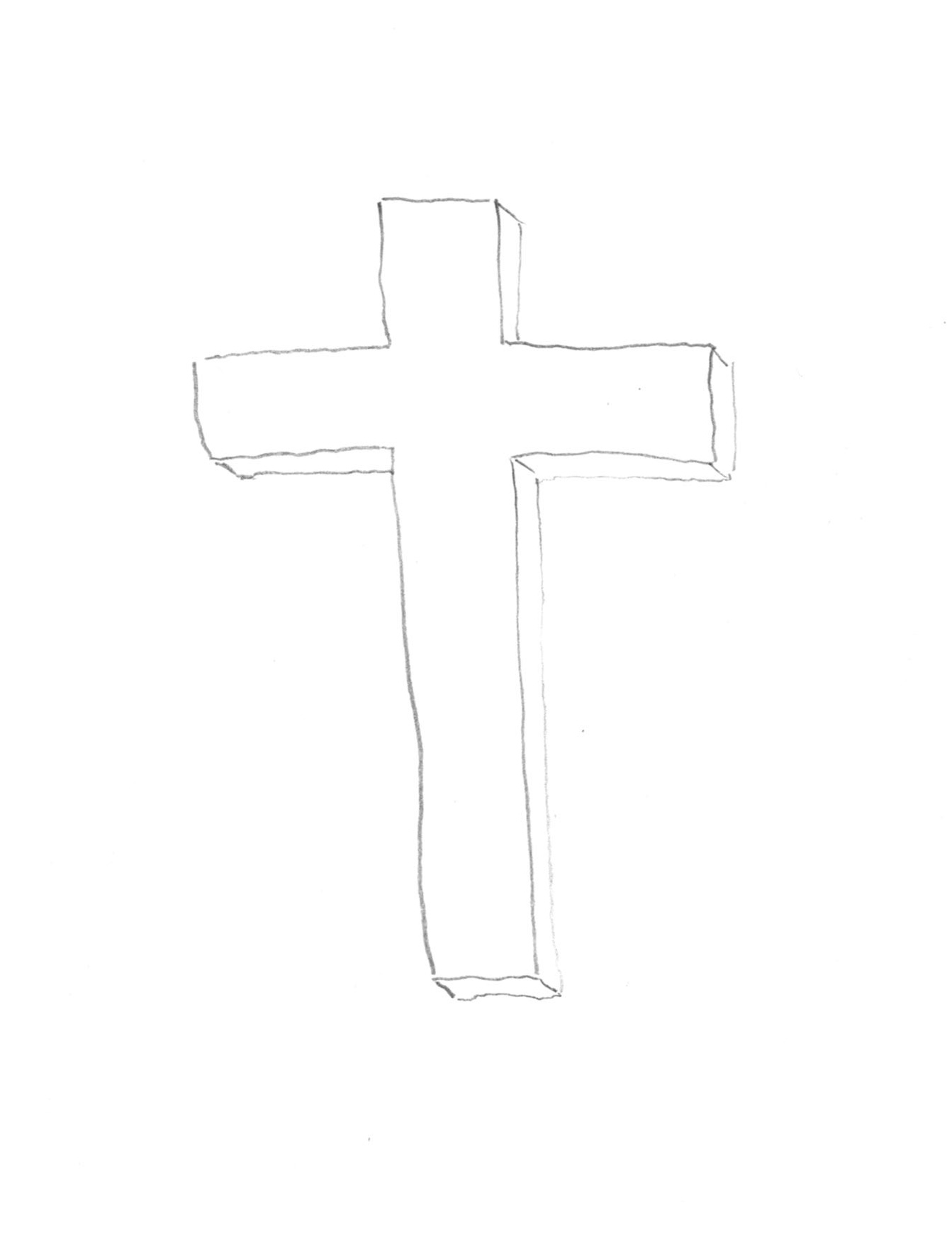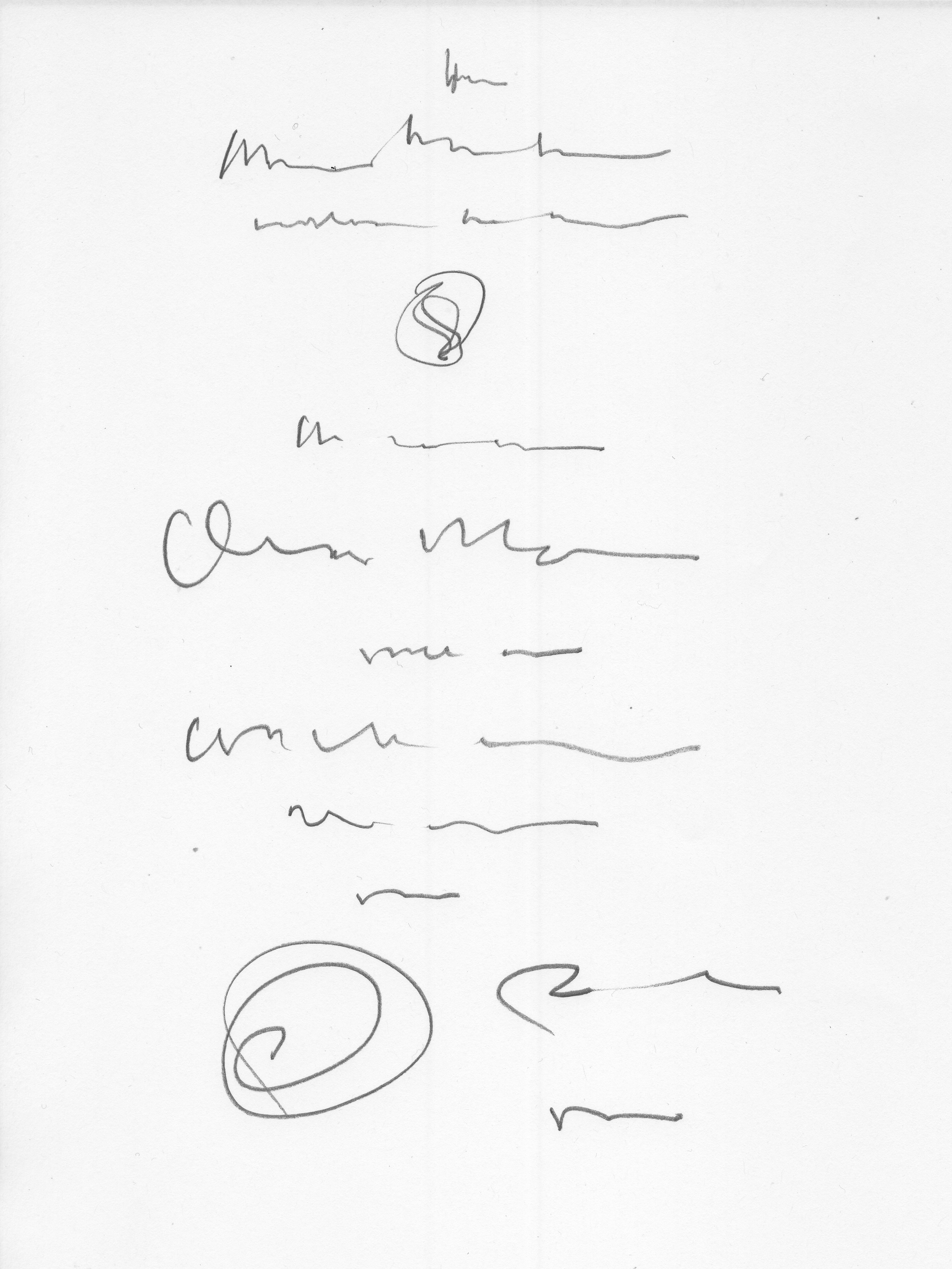 Obviously we’ve been here before, pledging all kinds of nonsense in the hope that a new year will bring the genuine novelty we reckon is indicated. (Love that word, ‘indicated’. I take it from the med community, who use it to mean something like ‘necessitated’ or ‘called for’. I love how you read an indication and the instruction is clear. No right turn. Forty kilometres per hour. You were speeding, and now you owe us $322.)
Obviously we’ve been here before, pledging all kinds of nonsense in the hope that a new year will bring the genuine novelty we reckon is indicated. (Love that word, ‘indicated’. I take it from the med community, who use it to mean something like ‘necessitated’ or ‘called for’. I love how you read an indication and the instruction is clear. No right turn. Forty kilometres per hour. You were speeding, and now you owe us $322.)
This post isn’t about resolution though so much as things in the pipeline. There are a few jolly performance bookings made, and there’ll be more about them by and by. I’m planning to write some music, too, that will hopefully be satisfactory.
In the shorter term though, there’s to be a third and final volume in the church recordings I’ve been making at Pughouse Studios since 2015. I’m hoping it’ll be out in early April, since Easter is on the 21st and this recording deals with music of the Passiontide and Easter season/s.
I’ve said already how surprised I was by the reaction to the concert at Melbourne Recital Centre in 2014 and then the resulting CD, I’ll tell you later. The second volume, I’ll tell you later in December, came about mostly because people suggested it. (It seemed indicated.) This third is similar; Garry Warne, organist at St Stephen’s Richmond, was so enamoured of the first two albums he invited me to put together a passion and Easter program and perform it there on Palm Sunday last year.
It was a fun concert, supporting the parish’s organ restoration appeal, and I recorded it on my phone just for what they call the lolz. I was glad that I had because some okay things happened and being the completist I am it was cheering to think that I could, if I wanted to, listen to them again. (Here‘s the Passion Chorale, the opening movement, from that performance, if you haven’t heard it and you’d like to.)
When you do a performance like this, you can rely on at least one or two people to recommend you take it to the studio and make a CD out of it. Which is fair enough, I suppose; it has identified itself as a certain thing, a collection of pieces that have been brought into relationship with one another and with the improvisation, it has taken on its own identity in a manner of speaking, and this sense of unity or integrity or whatever seems to seek representation in the wider world. (Or I could say, throwing caution and humility to the nearest available wind, that one has made such a case for the program that it needs to be re-experienced, in the comfort of the listener’s home.)
I got so fed up with the tedious copyright requirements that went along with my last church album that I resolved never again to record anything I hadn’t written myself. Would you believe, you need to get separate copyright licenses for physical and digital manifestations of your recorded sound? Well, you do. And they’re both dead boring. And of course – this being the part I find totally ridiculous – everything I’ve played on all three church records has been written by people dead for at least a hundred years, so who’s getting the dough? (Not that there is very much of it, either, of course.)
In any case, in order to complete the set I’ve resolved I’ll go through it all again, biting my tongue and thinking of, well, knowing that somewhere in my heart I simply have to deal with all this stuff. The musical stuff, and then consequently the legal stuff. Not long ago when I had that rotten performance at the Jazzlab and flirted with the idea of giving it all away, I was admittedly being rather moronic. A friend reminded me of this the other day, ‘I’d never heard,’ she said, ‘such a shameless pile of shit talked in all my life.’ ‘Well,’ I replied, ‘of course you were right. I can’t not do it.’ And then she: ‘That’s what makes you an artist. That’s it, isn’t it? You can’t not do it.’
I can’t not do this Passiontide and Easter album, either. I’ve written about the continuing influence of church music on my own creative thinking, a consequence of its having been with me since the beginning of my life. Every week to mass, every week hymns and some kind of organ music. If my voice-leading is any good, it’s down to Bach, of course, but prior to that it’s accountable to the four-part writing in the Anglican hymn books. When I was doing my doctorate I nursed a theory that the music that first turned the subject on to jazz became a benchmark by which all subsequent jazz was judged. If you came in via Bob Crosby, or Eddie Condon, or Bix Beiderbecke, or Lu Watters, or even the ODJB, that gave you your bearings.* Church music gave me mine.
And the music remains important, but so does the faith. Being raised in the church is one of the things that the more vocal atheists cite as being responsible for faith, as though those of us who were introduced to liturgy and sacrament early on lacked the discernment to make a subsequent decision to do without it. As though we were comprehensively brainwashed, convinced of something fallacious, and robbed of the capacity to see things differently.
It’s possible to carry on all kinds of activities without thinking about them. Walking, for instance. Or voting. Eating fast food. Even going to mass. Maybe life is about making the best habits, I don’t know,** although given that it’s good always to be aware, I’m disinclined to go all the way with this one. In any case the idea that the penitent at mass isn’t thinking about stuff is ridiculous, and even offensive. How can people know what we’re doing? It’s between us and God.
I am no evangelist; I am not disposed to try to convince anyone else of what I may or may not believe. This is probably a failing gospel-side but I regard my fellow-humans as entirely capable of making up their own minds about where they put their energy and their love. If people want to talk about it I’m open, and some of my friends do, and have. My profoundest belief though is in mutual respect and I’m convinced (as I’ve said) that if more people took the trouble to listen to each other with an endeavour to understand then we’d have a far more peaceful and emotionally productive environment. I live in a part of the world where, although there are some vehement opponents of religious belief (Fr Rod Bower’s recent post regarding the messages left on his parish answering machine is a case in point) and a lack of enthusiasm at some very high levels for non-Christian codes, it’s very unlikely that anyone’s going to be made to die for their faith.
Furthermore, doubt is my constant companion. If you ask, how can there be a God with all this ghastly shit going on?, so do I. But then I hear what Christ was on about, and I am reminded of how much responsibility rests with us. If you think God is going to sweep in and make everything right, well that seems unlikely, on experience. But it’s what people can do to make things better that’s going to count, and to my way of thinking the people who are doing God’s work are his representation in the world. This is a matter of honesty, integrity, genuine care, of compassion, thoughtfulness, generosity, selflessness. All the tricky stuff. It’s all possible, of course, without religious belief, too – I don’t doubt that for a fraction of a second. Nor am I saying I’m any great example of it.
But these albums are very important to me because they acknowledge the ongoing presence and influence of church music in my creative work, and in a sense they express gratitude for it. Also though they stand as a reflection of the thinking I’ve done about spiritual matters throughout the course of my life, and testify to the significance of my personal faith in my own situation. If you want to think about ‘gifts’ then music is the one I scored. I’m trying to make the most I can out of it.
*Do you like how I’ve mentioned only white musicians here? I believe I know my Australian jazz history, and the people I was investigating when I made this conclusion predated the Red Onion Jazz Band.
**Actually, if you want to know, I think it’s about honest communication between human beings, with consequences in care and collaboration.
9/i/2019
